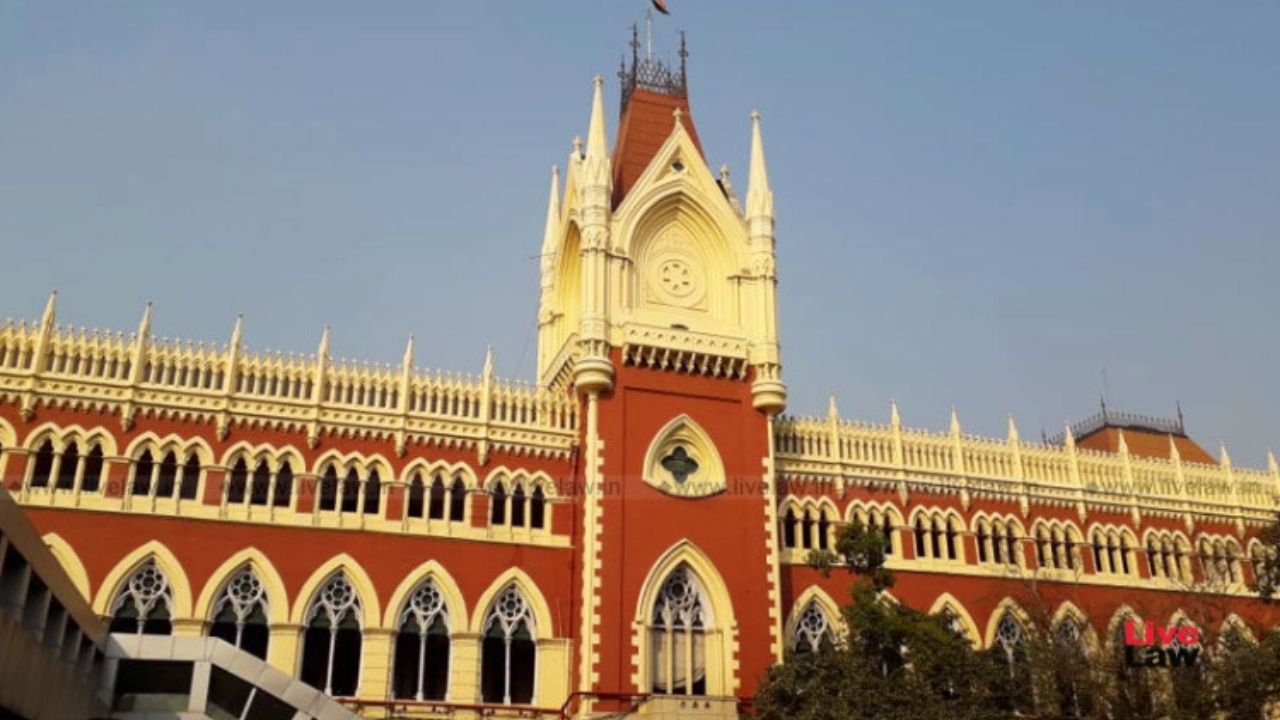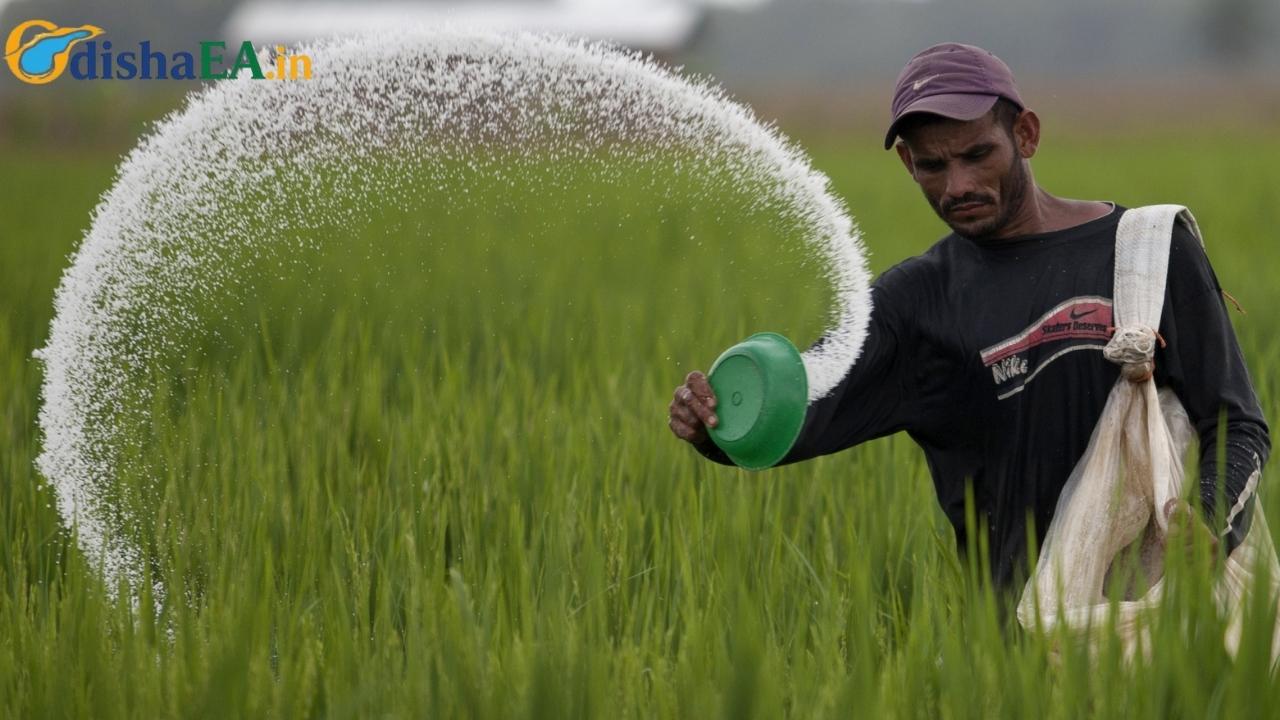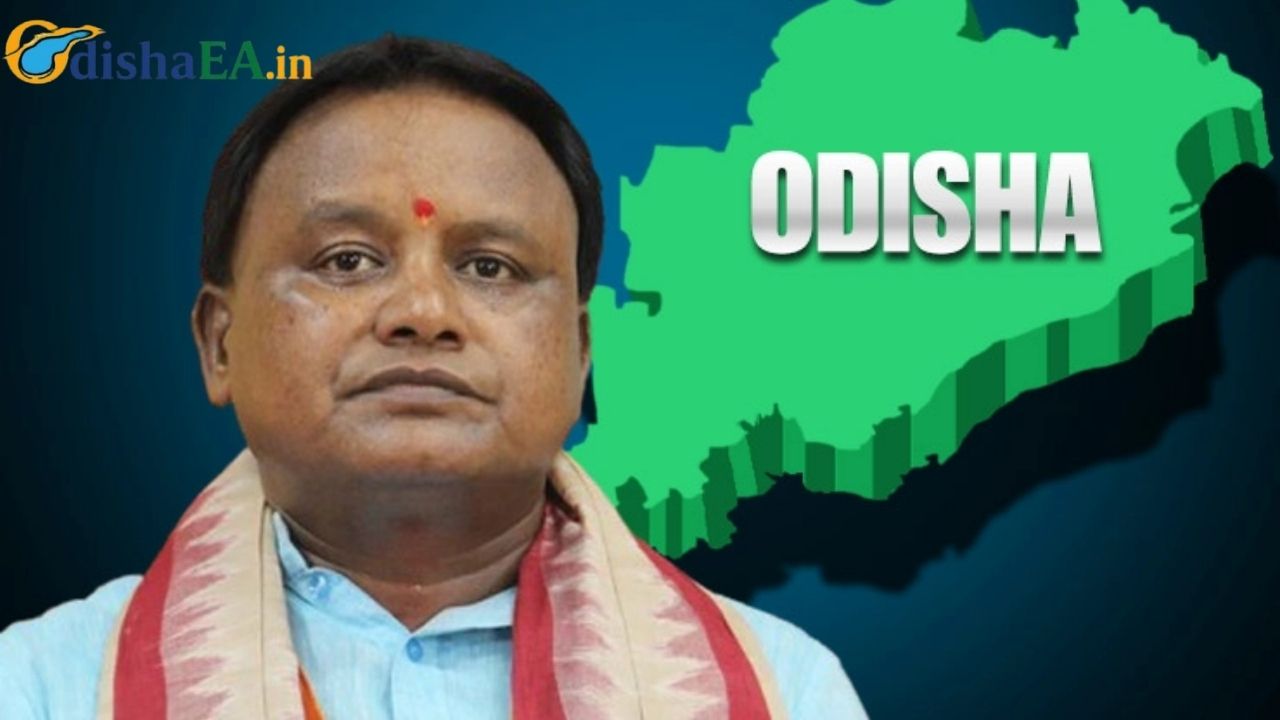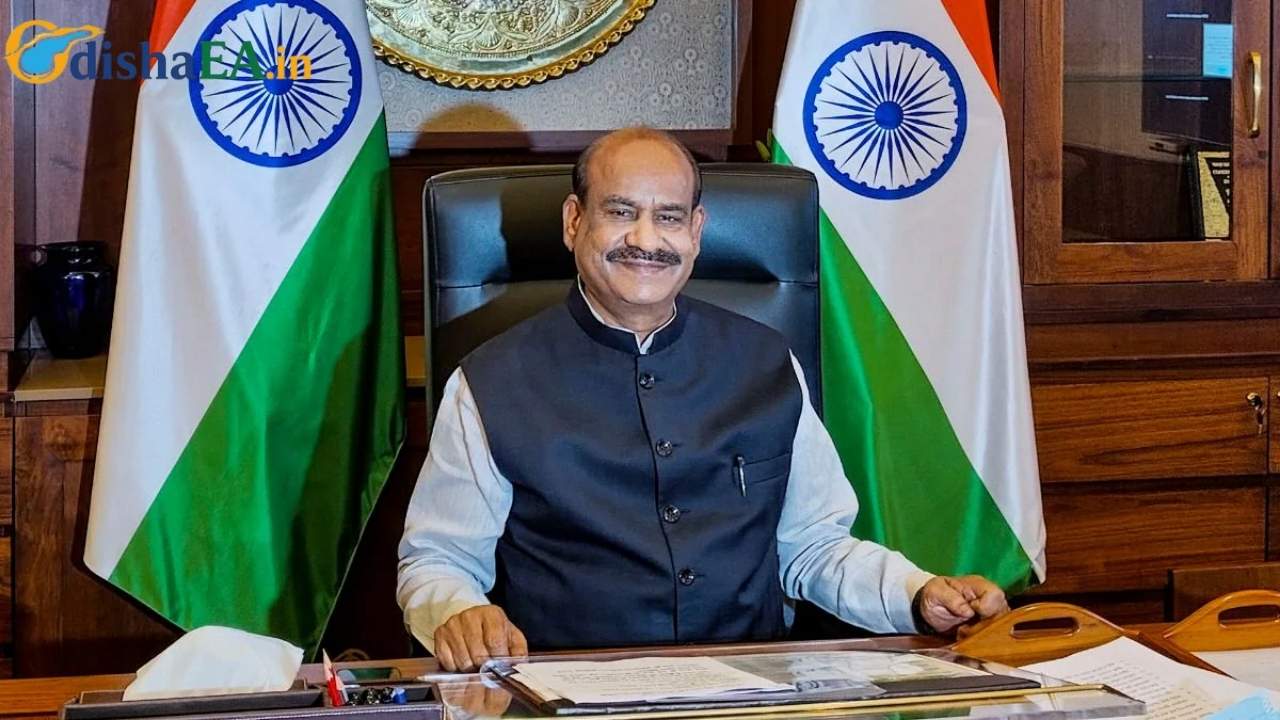In an ongoing legal battle that has captured significant attention, the Calcutta High Court is calling on the Odisha government to provide an explanation regarding the alleged illegal detention of Bengali-speaking migrant workers. The case centers around claims that these workers were detained unlawfully during an identity verification drive in Odisha’s Jagatsinghpur district, prompting concerns about potential ethnic profiling and violations of constitutional rights.
The Calcutta High Court’s intervention has added a significant layer of complexity to what initially seemed like an ordinary case of migrant worker verification. It all began when two Bengali-speaking individuals, Rakhibul Islam Mondal and Sainur Islam, were reportedly detained by the authorities in Odisha during an identity check on June 25 and June 30, respectively. According to the petitioners—the families of the detained workers—these individuals were not presented before a magistrate, as required by law. This has raised serious questions about the legality of the detentions and has ignited broader discussions surrounding the treatment of migrant workers in the state.
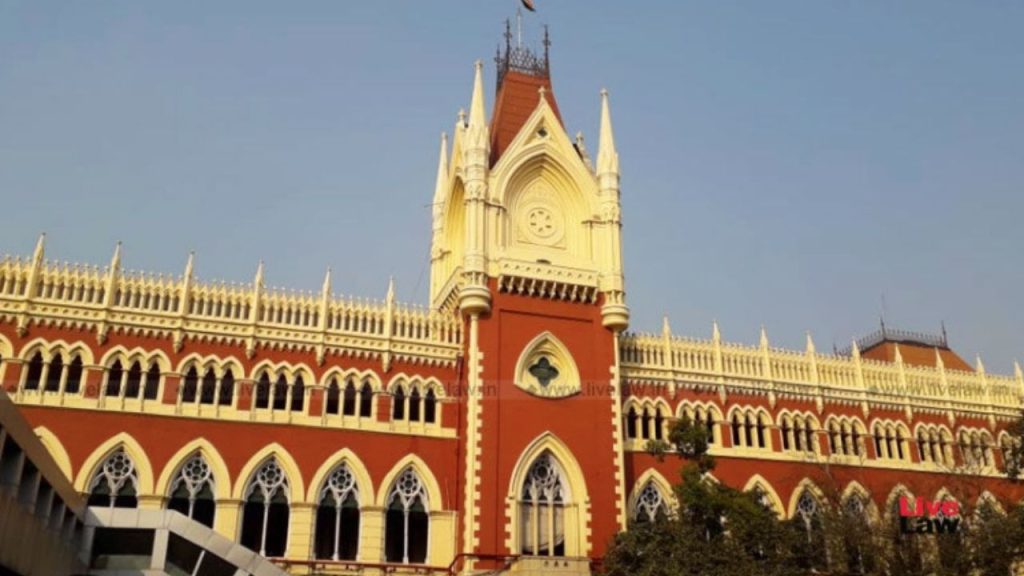
The case has garnered significant attention not only because of the legal questions it raises but also due to the cultural and ethnic undertones that are being highlighted. Bengali-speaking workers are allegedly being disproportionately targeted in these identity verification exercises, prompting accusations of ethnic profiling. As a result, the Calcutta High Court has stepped in, directing the Odisha government to file an affidavit detailing the circumstances surrounding the detentions. This legal challenge is unfolding against the backdrop of larger debates about migrant rights, the treatment of minority communities, and the ethical implications of such identity checks.
Calcutta High Court Seeks Odisha’s Explanation
| Key Fact | Details |
|---|---|
| Incident Location | Jagatsinghpur district, Odisha |
| Date of Alleged Detention | June 25 and June 30, 2025 |
| Accused Workers | Rakhibul Islam Mondal and Sainur Islam |
| Legal Issue | Illegal detention and violation of constitutional rights |
| Key Legislation | Foreigners Act, 1946 (Section 3) |
| Next Court Hearing | August 29, 2025 |
| Odisha Government’s Stance | Detentions were lawful, aimed at verifying citizenship status |
| Petitioners’ Argument | Detentions based on suspicion and without reasonable grounds violate rights |
| Court’s Directive | Odisha to file an affidavit by August 20, 2025 |
Official Source: Indian Express
The ongoing case in the Calcutta High Court serves as a critical reminder of the fine line between ensuring national security and respecting the rights of individuals. As the legal process unfolds, it is essential to monitor how the court balances the arguments surrounding the Foreigners Act, constitutional rights, and ethnic profiling. The case has far-reaching implications for migrant workers, especially those from minority communities, and could set important precedents for future identity verification exercises.
The Case: What Happened?
The root of the issue lies in an identity verification process conducted by Odisha authorities. According to the government’s legal representatives, the drive was part of an effort to ensure that all individuals within the state were properly verified in terms of their citizenship. The authorities argue that the detention of Bengali-speaking migrant workers was a necessary step to confirm their status, as stipulated under the Foreigners Act of 1946.
However, the petitioners—who represent the families of the two detained workers—have challenged the legality of this process. They assert that the workers were detained without being brought before a magistrate, which violates their fundamental rights under the Indian Constitution. The petitioners further argue that the detentions appear to be based purely on suspicion, without any solid evidence of wrongdoing.
The allegations also raise concerns about ethnic profiling. The families of the detained workers claim that the process disproportionately targeted Bengali-speaking individuals, which, if true, could point to a broader issue of discrimination. The situation highlights a delicate balance between national security concerns and the protection of individual rights, especially for minority groups.

Legal Framework: What’s at Stake?
The Foreigners Act, 1946
At the heart of this case lies the Foreigners Act, 1946, which grants authorities the power to verify the citizenship status of individuals suspected of being foreign nationals. Under Section 3 of the Act, authorities can detain and question individuals if there is a reasonable suspicion that they may not be Indian citizens.
The act is often cited during large-scale identity verification drives, which are typically aimed at identifying undocumented migrants. However, the law also requires that detained individuals be brought before a magistrate to ensure their rights are upheld. This is where the alleged violations in the current case come into play—Rakhibul Islam Mondal and Sainur Islam were reportedly not presented before a magistrate, making their detention potentially unlawful.
Constitutional Rights
The Indian Constitution guarantees several fundamental rights, including the right to life and personal liberty under Article 21. This right ensures that no person can be deprived of their liberty except in accordance with the law. If the detentions were indeed unlawful, it would represent a serious breach of these constitutional protections.
Moreover, ethnic profiling—targeting individuals based on their ethnic background rather than concrete evidence—could violate principles of equality before the law enshrined in Article 14 of the Constitution. These issues have been central to the arguments raised by the petitioners, and the court’s upcoming decision will likely have significant implications for the future of such identity checks.
Odisha’s Response: Legal Justification or Overreach?
Odisha Government’s Defense
In response to the allegations, the Odisha government has maintained that no arrests were made during the verification process. Pitambar Acharya, the Advocate General for Odisha, argued that the detentions were lawful under the provisions of the Foreigners Act. According to Acharya, the detentions were part of a routine exercise designed to confirm the citizenship status of individuals whose identities were unclear.
The government further emphasized that the verification process was not aimed at any specific community. Instead, it was intended to apply to anyone who might be in the country unlawfully, regardless of their ethnic or linguistic background. However, the petitioners have pointed out that the verification process disproportionately affected Bengali-speaking individuals, which raises serious concerns about potential bias.
The Bigger Picture
The case has drawn attention not just because of its legal ramifications, but also because it touches on broader issues related to migration, minority rights, and discrimination. For many, the case is a reminder of the challenges faced by migrant workers, particularly those who speak languages other than the local dialects of the states they work in.
Bengali-speaking workers have often found themselves at the center of such disputes, with claims of being unfairly targeted during identity verification processes. While the Odisha government insists that the detentions were lawful, the growing concerns over ethnic profiling underscore the need for more comprehensive safeguards to protect migrant workers from discrimination.
What’s Next: Court Proceedings and Future Implications
Upcoming Court Hearing
The Calcutta High Court has scheduled the next hearing for August 29, 2025, where it will review the affidavit that the Odisha government must file by August 20. The petitioners will have the opportunity to respond by August 27, allowing the court to make an informed decision.
As the case moves forward, it will be crucial to watch how the court addresses the balance between national security and individual rights, as well as the broader question of whether ethnic profiling has been at play.
Odisha’s Judicial System with 56 New Courts and 840 Jobs: A Step Toward Greater Justice
Odisha High Court Censures Authorities for Neglecting Roads and School Hygiene in Cuttack
FAQs
1. What is the Foreigners Act of 1946?
The Foreigners Act of 1946 grants Indian authorities the power to verify the citizenship status of individuals who are suspected of being foreign nationals. This can include detaining and questioning individuals under specific circumstances.
2. What are the constitutional rights of individuals in detention?
Under Article 21 of the Indian Constitution, individuals are guaranteed the right to life and personal liberty. This includes the right to be brought before a magistrate if detained, ensuring their rights are protected.
3. How is ethnic profiling defined?
Ethnic profiling occurs when individuals are targeted for law enforcement actions based on their ethnicity or nationality rather than concrete evidence of illegal activity. It is considered discriminatory and can violate constitutional rights.
4. What are the potential consequences of unlawful detentions?
If the detentions are found to be unlawful, it could lead to legal repercussions for the authorities involved, including violations of constitutional rights. The victims may also be entitled to compensation for the harm caused.

